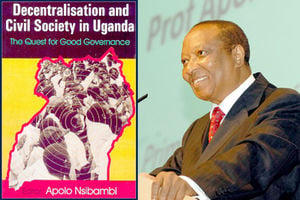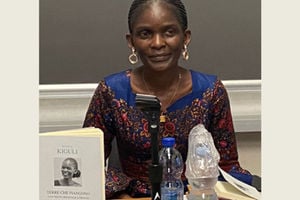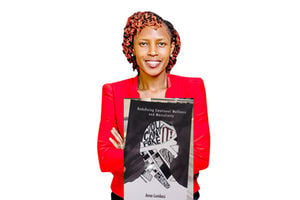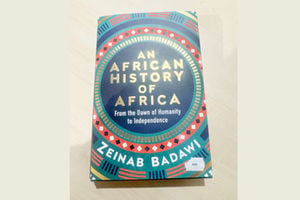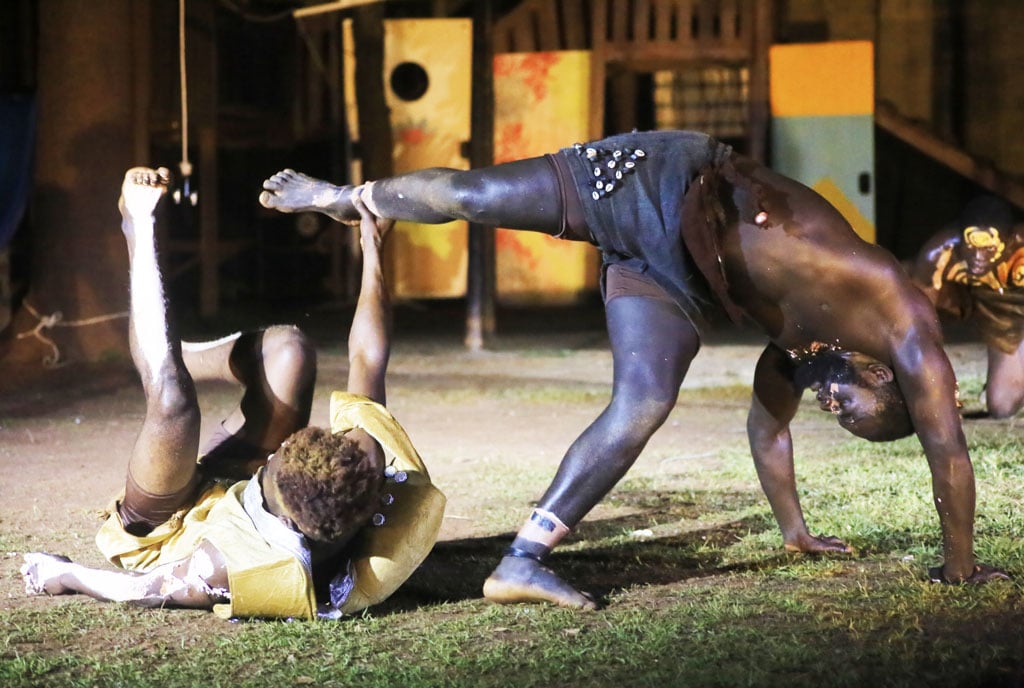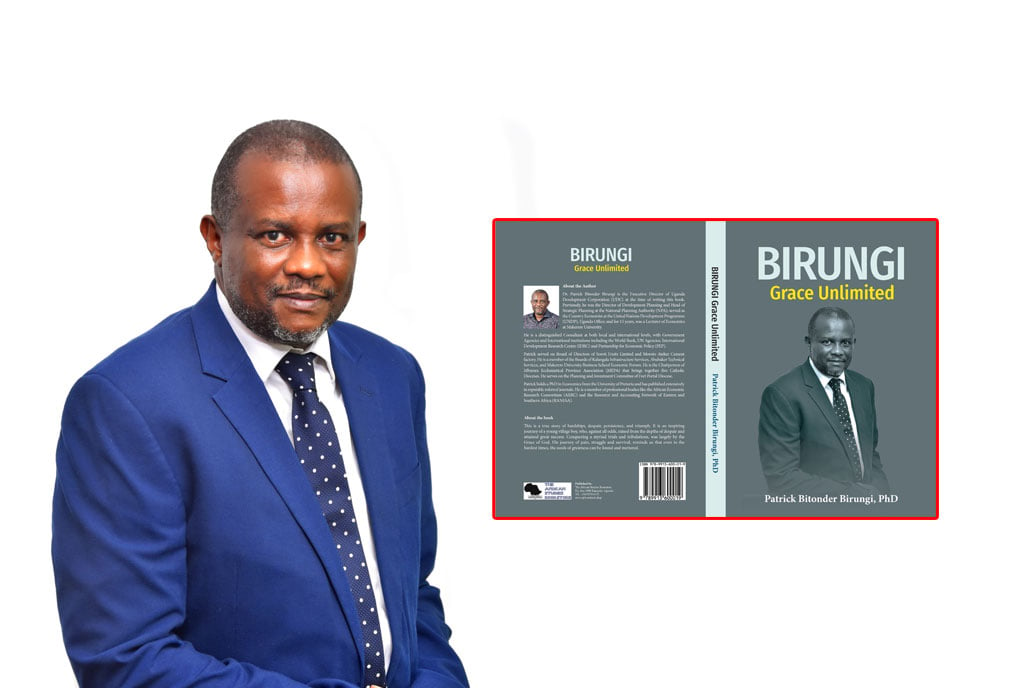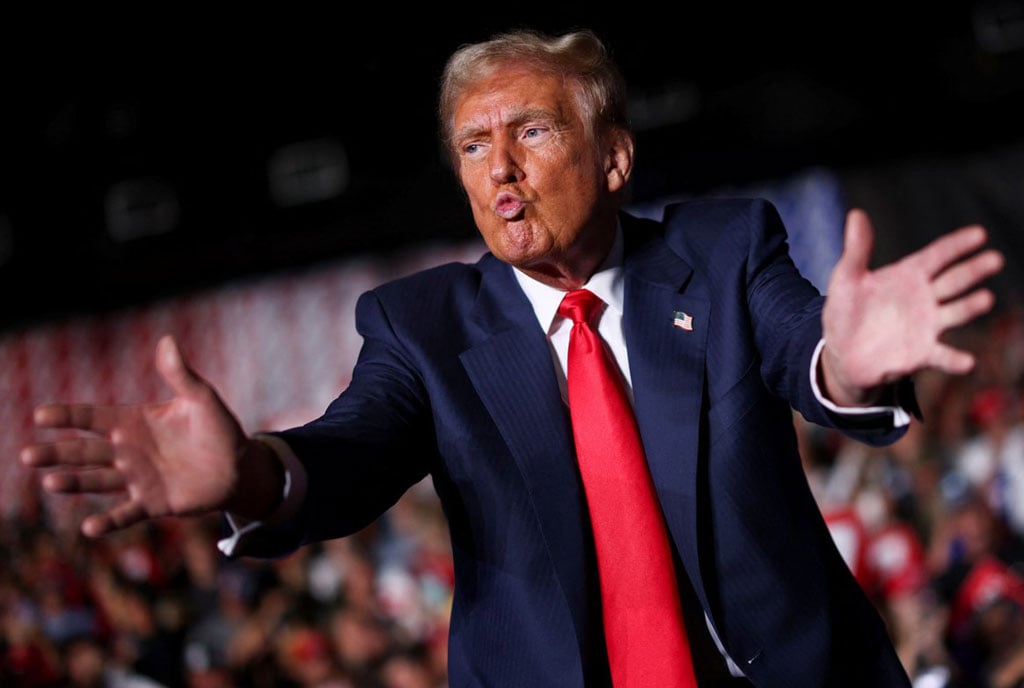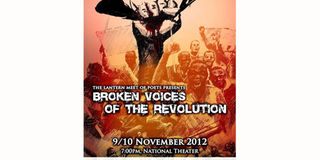
Title: Broken Voices of the Revolution
Author: Lantern Meet of Poets
Availability: Uganda Museum Library
Pages: 70
Published: 2012
Price: Shs20,000
Philip Matogo
Broken Voices of The Revolution opens with an introduction, which unveils to the reader the poets involved in creating this first-of-its-kind poetry collection. To those “hip” to poetry in Uganda, the Lantern Meet of Poets needs no introduction, however.
The start of the 21st first century saw the emergence of a new genre of performative poetry in Uganda, created to drive a stake into the heart of the inertia characterising the social impact of poetry.
In this effort, the Lantern Meet of Poets was at the forefront of conscious poetry. This poetry collection hews to this effort, as Ojakol Omerio writes in the introduction.
“The dominant topic was the role of the artist toward social change. The concept of the community artist who puts the society first and uses his aesthetical abilities to that end kept coming up as the favoured course for genuine poetry,” he said. In amplification of this intent, Wobusobozi Amooti Kangere adds grist Ojakol’s introductory words by saying, “If art is the barometer of society, Broken Voices of the Revolution is a movement in that direction. It is a collection of poems written towards a poetry recital conceived to mirror and voice the mood of young people in a country with one of the world’s youngest populations.”
To be sure, the relevance of this collection in the wake of what the Generation Zoomers (Gen Zs) have done in Kenya and attempted to do in Uganda is inestimable.
In the prologue, the first poem “Knowledge is the revolution”, written by the Lantern Meet of Poets as a whole, cries out for constructive engagement with self in order forge change. “There is a natural mystic flowing through the air/Bob Marley said it in ’76 but most wouldn’t hear/They think we don’t know…” Adding in another stanza, “Knowledge is the revolution so pick up your mind/The truth is in the wind so don’t believe the lies/You have the power to know…”
Indeed, we have the power. As the slain South African revolutionary Steve Biko memorably wrote in 1971 – “The most potent weapon in the hands of the oppressor is the mind of the oppressed.” So we must choose to use our minds to discover truth or have lies enslave us with an ignorance that no amount of dissident red outfits, military berets, clenched jaws or raised fists will remedy without knowledge.
If only Ugandans were willing to challenge themselves to do more, learn more. Thereupon, the truth in the wind would freight their will to change to the soaring heights of a new dawn.
This dawn could be in 2065, or maybe not writes
Peter Kagayi:
“Nothing will change that much,
Except I will be over 70 years.
The roads will be the same
Kampala will be the same
In 2065, nothing will change that much,
Except I will be over 70 years.
The president will be in a wheelchair he will give the Nation Address..........”
The poem is pessimistic and, in this sense, realistic. Since many Ugandans no longer see the country as a glass half full. The poem’s use of hyperbole, which is the use of exaggeration as a rhetorical device or figure of speech, emphasizes and evokes strong feelings against the way the country is being governed. Of course, we know the president will not be around in 2065, but the absurdity of our politics is such that anything is possible in a negative light.
Still, this collection is about hope and not despair. This alone makes it essential to the times in which we live.
